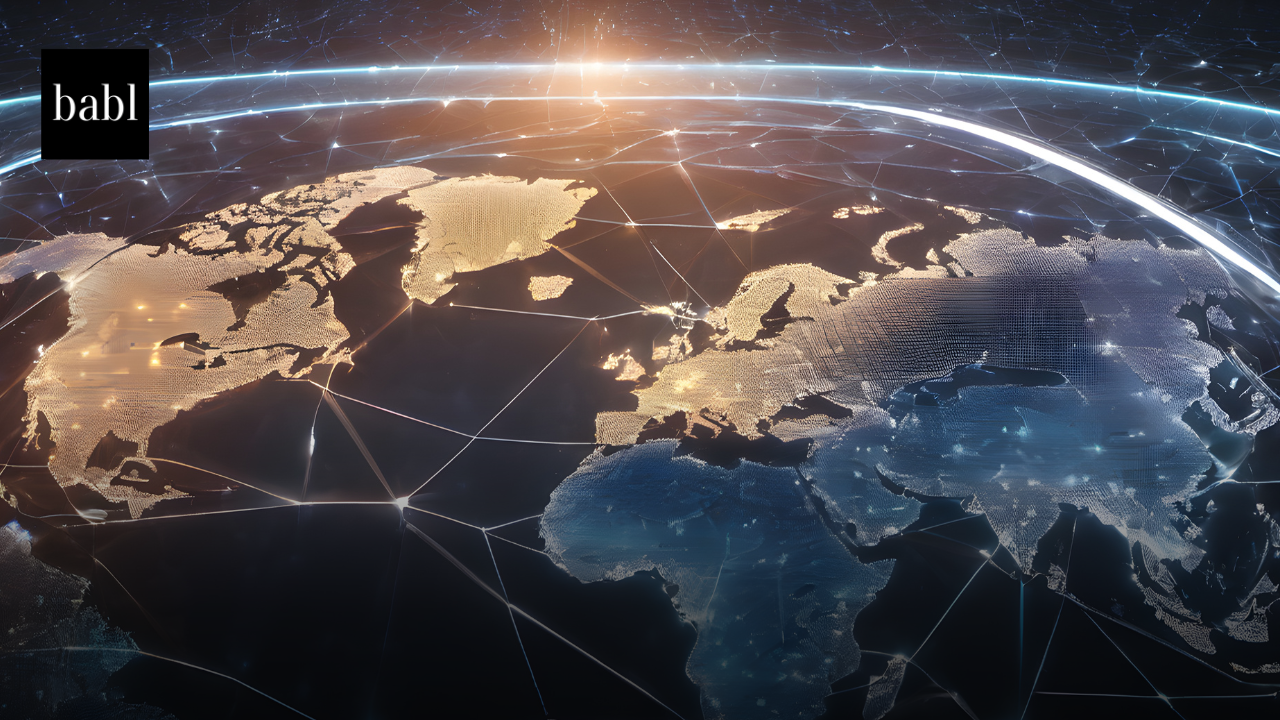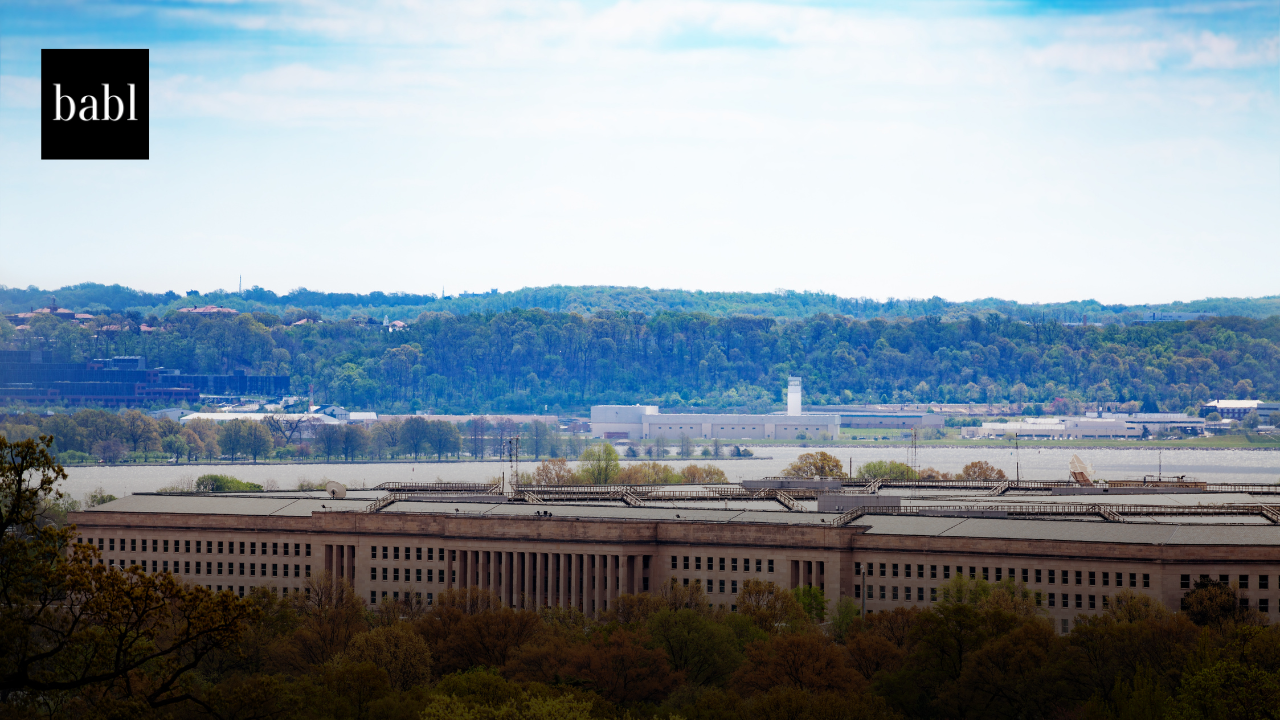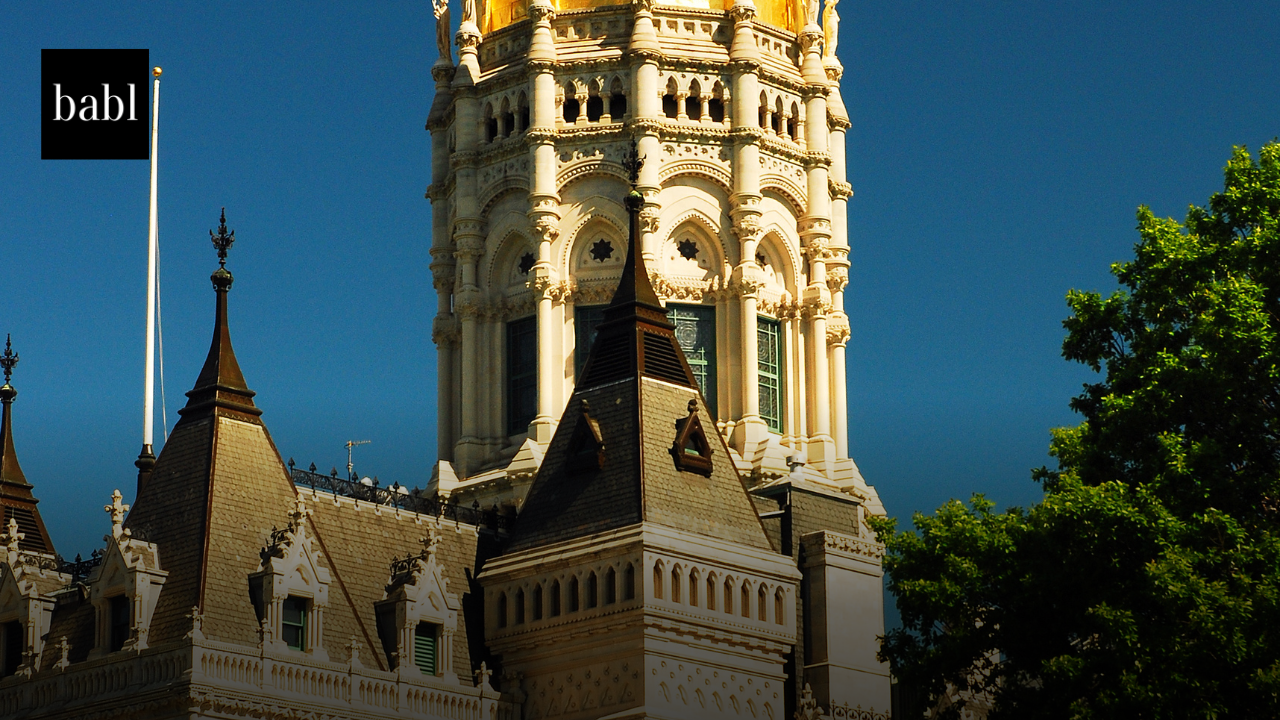A new report by the Tony Blair Institute for Global Change urges the UK government to reform its copyright framework to support both AI innovation and the creative industries. Titled “Rebooting Copyright: How the UK Can Be a Global Leader in the Arts and AI,” the report outlines policy recommendations to establish legal clarity and international competitiveness in the era of generative AI.
The report identifies the current copyright regime as a major barrier to AI development in the UK, pointing out that existing exceptions—such as the temporary copy and non-commercial text and data mining (TDM) provisions—are outdated and ambiguous. Although the government has proposed a new commercial TDM exception with an opt-out mechanism, the report says this alone is insufficient to foster a thriving AI ecosystem.
“The UK risks falling behind in the AI-driven economy,” the authors argue, warning that restrictive copyright laws could discourage developers and force them to train models overseas. The report calls for a pragmatic balance that protects creators while supporting technological progress and economic growth.
Among its key recommendations is the creation of robust, internationally harmonized opt-out standards for rights holders. These would go beyond traditional *robots.txt* files and include open-source tools that enable artists to track and manage the use of their work in AI training datasets. The report also calls for greater transparency from AI developers and better mechanisms to distinguish between human and AI-generated content.
To address licensing challenges, the report proposes a one-time exception allowing major rights holders to relicense works from the past 75 years for AI training. It also advocates for standardized contracts to streamline partnerships between the creative and AI sectors.
The authors emphasize that the stakes are not just economic, but geopolitical. Without clear policies, the UK could lose its global standing in both cultural and technological leadership. The report concludes by encouraging policymakers to act quickly to ensure the UK arts becomes a global hub for AI and creativity.
Need Help?
If you’re concerned or have questions about how to navigate the UK’s, or any country’s, AI regulatory landscape, don’t hesitate to reach out to BABL AI. Their Audit Experts can offer valuable insight and ensure you’re informed and compliant.





